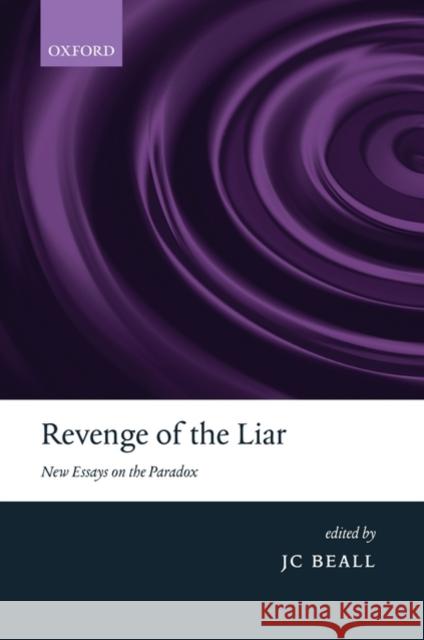Revenge of the Liar: New Essays on the Paradox » książka
Revenge of the Liar: New Essays on the Paradox
ISBN-13: 9780199233908 / Angielski / Miękka / 2008 / 296 str.
The Liar paradox raises foundational questions about logic, language, and truth (and semantic notions in general). A simple Liar sentence like 'This sentence is false' appears to be both true and false if it is either true or false. For if the sentence is true, then what it says is the case; but what it says is that it is false, hence it must be false. On the other hand, if the statement is false, then it is true, since it says (only) that it is false.
How, then, should we classify Liar sentences? Are they true or false? A natural suggestion would be that Liars are neither true nor false; that is, they fall into a category beyond truth and falsity. This solution might resolve the initial problem, but it beckons the Liar's revenge. A sentence that says of itself only that it is false or beyond truth and falsity will, in effect, bring back the initial problem. The Liar's revenge is a witness to the hydra-like nature of Liars: in dealing with one Liar you often bring about another.
JC Beall presents fourteen new essays and an extensive introduction, which examine the nature of the Liar paradox and its resistance to any attempt to solve it. Written by some of the world's leading experts in the field, the papers in this volume will be an important resource for those working in truth studies, philosophical logic, and philosophy of language, as well as those with an interest in formal semantics and metaphysics.











